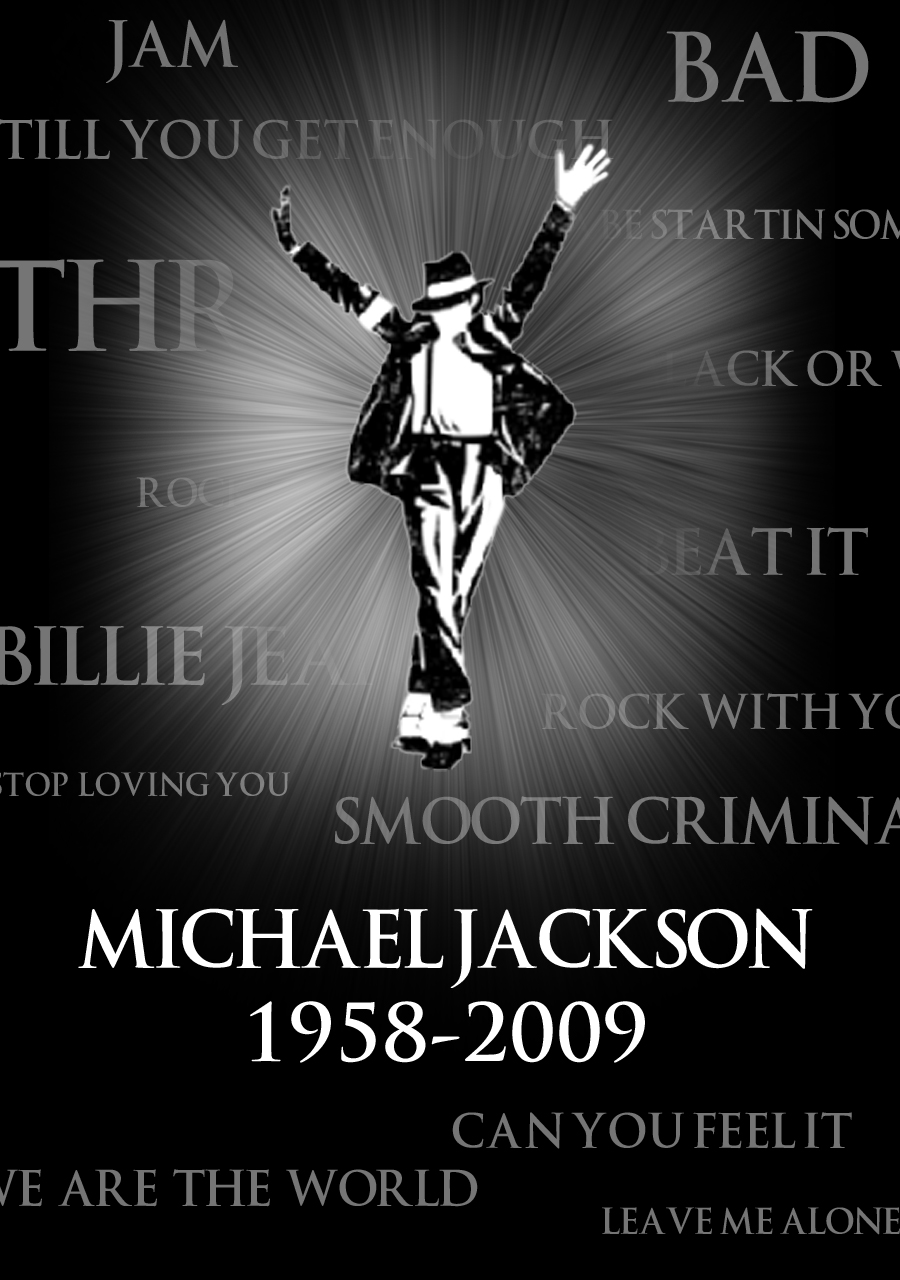windy09
Proud Member
Re: Voices Education "Words and Violence" Curriculum - inspired by Michael Jackson and Lady Diana
http://www.voiceseducation.org/content/raise-your-voice
http://www.voiceseducation.org/conte...second-edition
http://www.voiceseducation.org/content/irish-tribute-michael-jackson
[h=1]An Irish Tribute to Michael Jackson[/h]
Each year the Royal Dublin Society hosts the Hallelujah choir. Three thousand children from all across Ireland come together to celebrate Christmas and to sing for their friends and family. A tribute to Michael Jackson was part of the 2010 celebration.
http://www.voiceseducation.org/content/raise-your-voice
http://www.voiceseducation.org/conte...second-edition
http://www.voiceseducation.org/content/irish-tribute-michael-jackson
[h=1]An Irish Tribute to Michael Jackson[/h]
Each year the Royal Dublin Society hosts the Hallelujah choir. Three thousand children from all across Ireland come together to celebrate Christmas and to sing for their friends and family. A tribute to Michael Jackson was part of the 2010 celebration.


























































